Cold war of words? Political voices on Ukraine
The escalating crisis in Crimea has set a number of western powers against Russia in a battle of words that includes threats of “costs” and allegations of illegal behaviour.
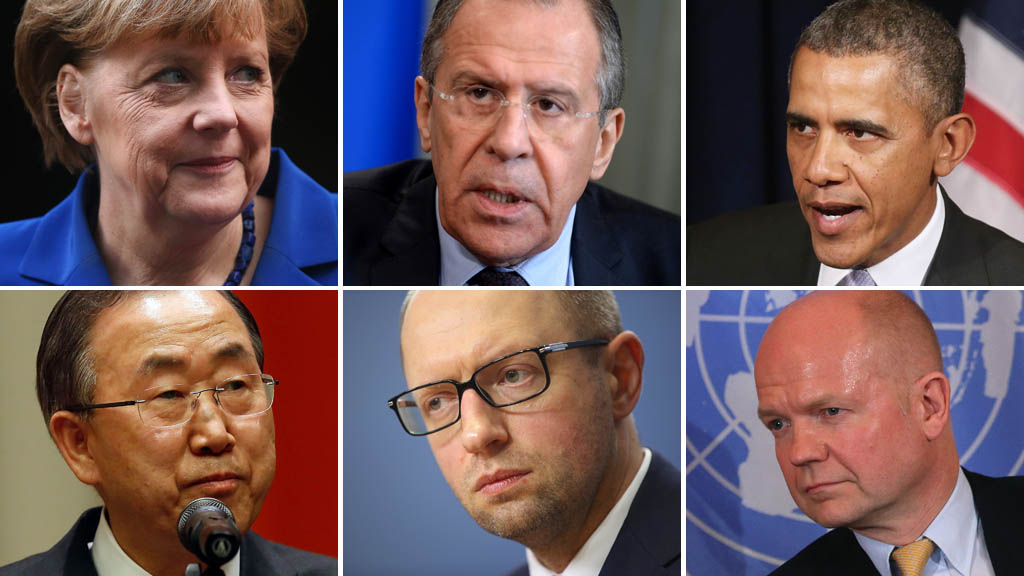
Powers such as the US and the UK say that Russia has behaved in an illegal fashion by compromising Ukraine‘s sovereignty – and Russia has retorted that western powers have supported the establishment of a “right wing” leadership in Ukraine.
Channel 4 News lists the key statements coming out of Kiev, Moscow and Geneva:
Ukraine
Ukraine’s acting leadership has said the country is on “the brink of the disaster”. It has accused Russia of declaring war on the country, and has called on the “entire global community” to help normalise the situation.
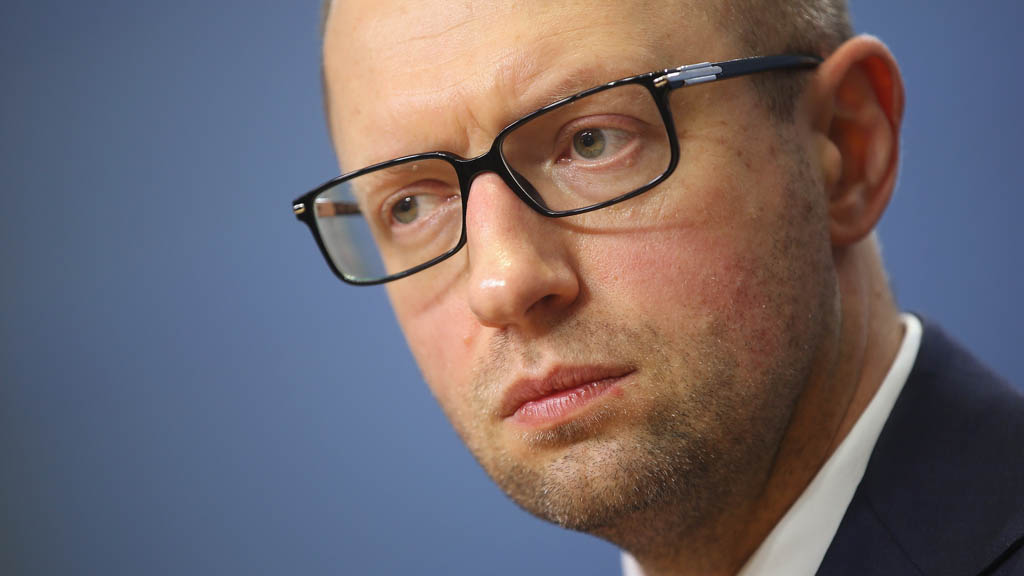
Ukraine’s acting president Arseniy Yatsenyuk (above) said on Monday that any attempt by Russia to “grab Crimea” will have no success at all.
Speaking alongside British Foreign Secretary William Hague, Mr Yatsenyuk said: “Those who are today in Crimea, they present an illegal – and I would reiterate again – an illegal power in Crimea.
“They tried to squeeze Ukrainian assets; they try to confiscate Ukrainian property; they try to disarm Ukrainian army.
“For these kind of actions they will be prosecuted under domestic and international law and they have to know this.”
He added: “Crimea is the territory of Ukraine. And despite the presence of Russian military, despite the fact Russian military supports an illegal government, we will tackle these problems. And any attempt of Russia to grab Crimea would have no success at all. Give us some time.”
Russia
Russia argues that it is protecting its “compatriots” and its interests in Crimea – where it has a major naval base at Sevastopol.
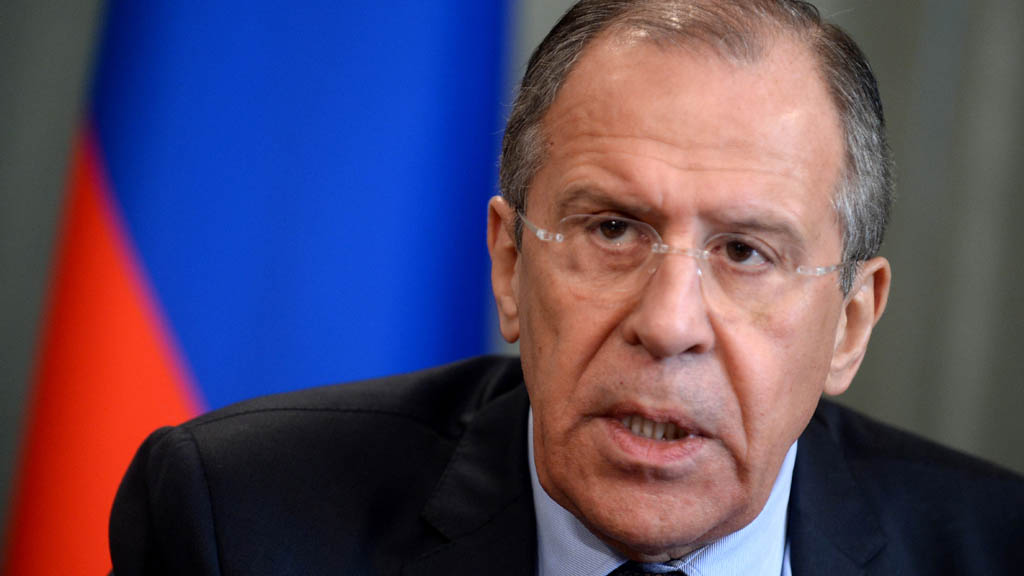
It has rejected the acceptance of the new Ukrainian leadership by western powers – a leadership that it says has been taken over by “xenophobic, anti-Semitic, neo-fascist” elements.
Russia’s Foreign Minister, Sergei Lavrov (above), said on Monday: “This is a question of defending our citizens and compatriots, and ensuring human rights, especially the right to life.
“Those who are trying to interpret the situation as a sort of aggression, and threatening us with sanctions and boycotts, these are the same partners who have been consistently encouraging the political powers close to them to declare ultimatums and renounce dialogue, which has ultimately polarised Ukrainian society.
“We call upon them to show responsibility, to set aside geopolitical calculations, and to put the interests of the Ukrainian people above all.”
Russia’s foreign ministry also reacted angrily on Monday to a decision by the G8 group of countries to suspend preparations for a summit, scheduled to be held in the Russian city of Sochi in June, over the crisis in Ukraine.
In a statement it said the decision has “no grounds” and “damages not only the countries of the G8 but also the whole international community”.
USA
Barack Obama invited Russia’s anger on the weekend when he called for its former Cold War enemy to face “costs”.
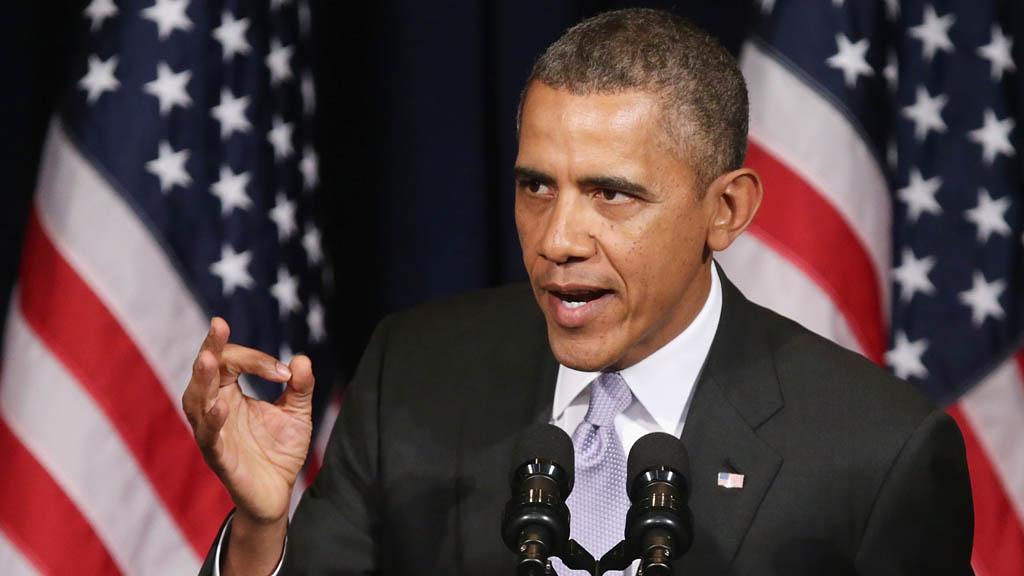
“Any violation of Ukraine’s sovereignty or territorial integrity would be deeply destabilizing, which is not in the interests of Ukraine Russia, or Europe,” he said in a White House briefing.
“It would represent a profound interference in matters that must be determined by the Ukrainian people.
“The United States will stand with the international community in affirming that there will be costs for any military intervention in Ukraine.”
On Sunday, US Secretary of State John Kerry has criticised Russian actions, saying the country was behaving in a “19th century fashion.”
He spoke of “very serious repercussions” for Russia and said G8 nations and some other countries are “prepared to go to the hilt to isolate Russia” with an array of options available.
“They’re prepared to put sanctions in place, they’re prepared to isolate Russia economically, the rouble is already going down. Russia has major economic challenges,” he said.
Kerry listed visa bans, asset freezes, trade isolation, and investment changes as possible steps.
Britain
British Foreign Secretary William Hague has echoed US sentiments, saying this “cannot be the way in the 21st century to conduct international affairs.”
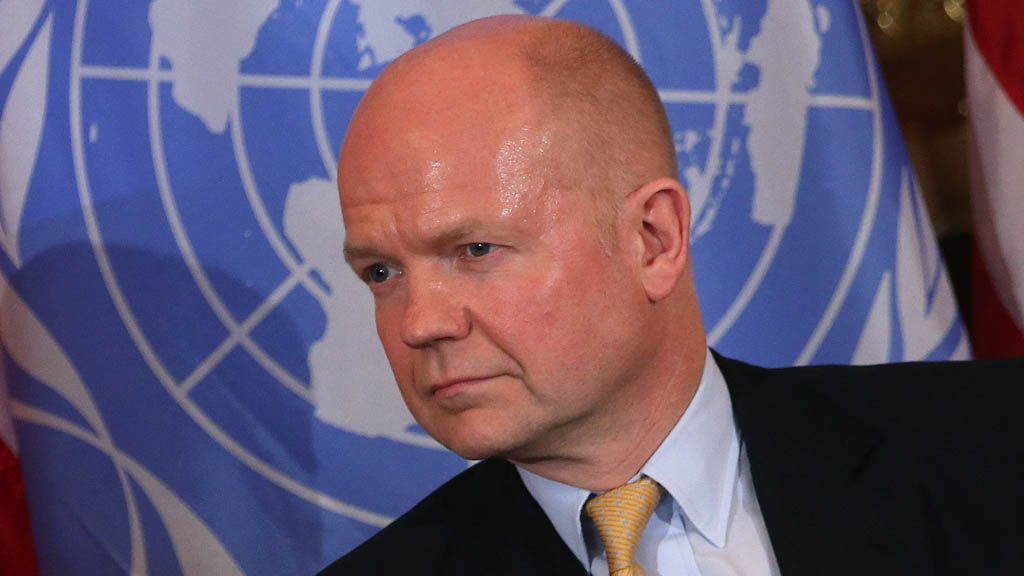
He said: “Russia should be in no doubt about this. This is something that we take very seriously, we have to take very seriously because if this is, if this becomes the normal way of behaving in the world, of intruding upon and violating the sovereignty of neighbours, well then clearly that would be an even bigger crisis in international affairs.”
He added that military options are “not being discussed”, but that the UK supported “diplomatic and economic pressure”.
Germany
Heavily dependent on Russian gas, and politically closer to Moscow than other western nations, Germany said on Monday that it was not too late to resolve the current crisis by political means.
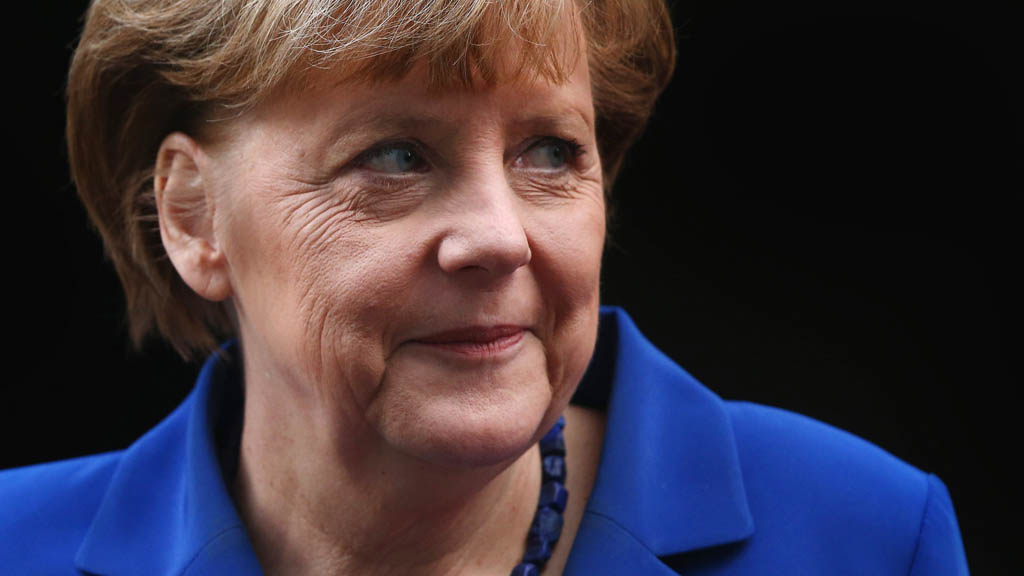
German Chancellor Angela Merkel’s spokesman Steffen Seibert urged Moscow to withdraw from the “logic of troop movements”.
“There is no doubt President Putin has a completely different view on the situation and events in Crimea from the German government and our Western partners,” he said.
Angela Merkel (above), a fluent Russian speaker, spoke to President Putin late on Sunday night, and suggested a “fact-finding mission” to Ukraine, perhaps led by the Organisation for Security and Co-operation in Europe (OSCE). President Putin was said to be “receptive” to this idea.
France
French Foreign Minister Laurent Fabius called Russia’s action in Ukraine “unacceptable”.
“It’s always kind of the same approach by Russians,” he said. “The Russians consider that countries which belonged to their empire at one point or another should not be out of a certain control.
“There, in the Crimea case, they already have a base in Sevastopol and considering what happened in Ukraine – the overthrow, or at least the departure of Yanukovych – they want to get their hands back on Crimea.
“Obviously, as far as international law is concerned, it is unacceptable.”
United Nations
Ban Ki-Moon has urged “calm” as the crisis in Ukraine escalates, and has urged Russia to not escalate the situation.
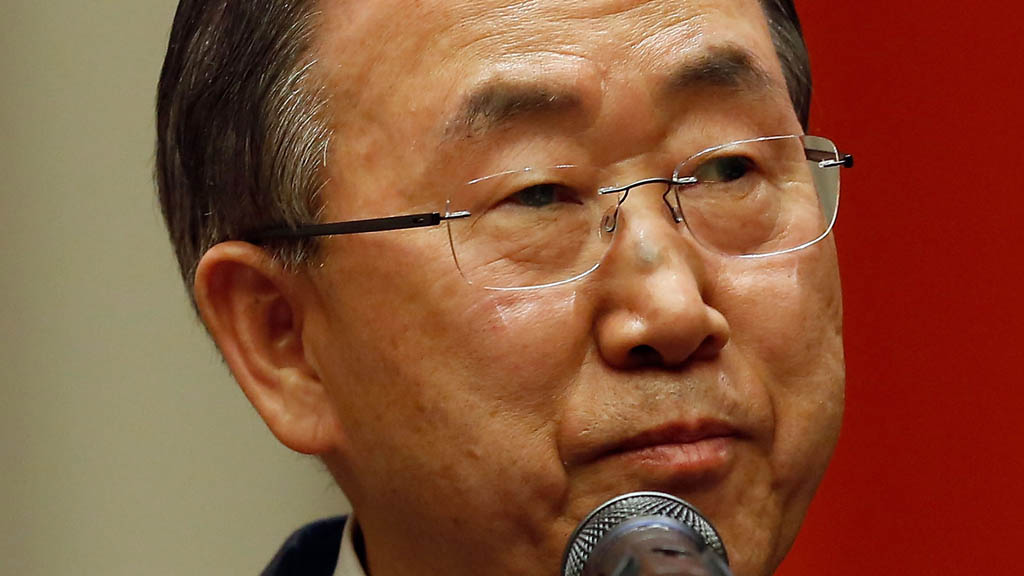
“I have repeatedly emphasized that it is critical to ensure full respect for and the preservation of Ukraine’s independence, unity, sovereignty and territorial integrity,” Mr Ban said.
“It is now of utmost importance to restore calm, to de-escalate tensions immediately, through a dialogue.”
-
Latest news
-
Year of civil war in Sudan ‘a nightmare of hunger and displacement’4m

-
Israel fears repeat Iran attack, says former editor of Jerusalem Post4m

-
How long could it take to clear the Rwanda asylum seeker backlog?3m

-
Rwanda asylum boost for Sunak as bill expected to become law2m

-
Donald Trump trial: day one of historic Stormy Daniels court case4m

-




